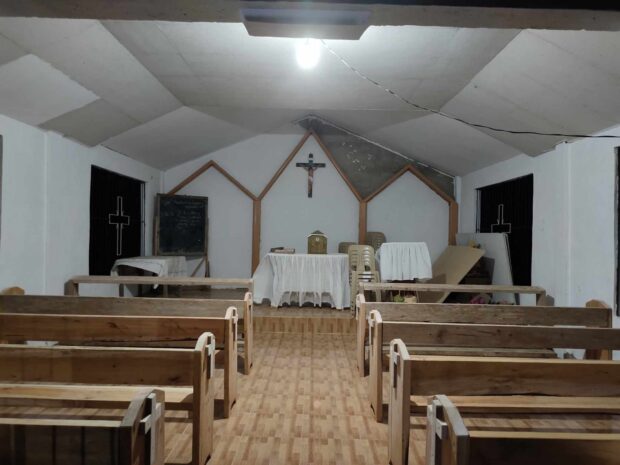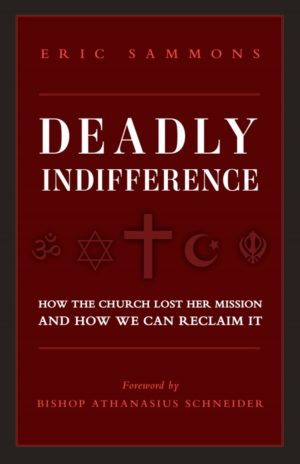In the lexicon of worst things to be called in the second half of the 20th century, surely “antisemite” is at the top of the list (perhaps tied with “racist”). After the evils of Nazi Germany and the Holocaust were revealed to the world, no rational person wanted to be associated with that word.
That’s a good thing, obviously. Hostility and hatred toward a people is a sin and must be rejected. Yet, as often happens in this fallen world, people have thwarted something good for their own purposes. “Antisemite” has become a term used to silence discussion and defeat one’s enemies without troubling oneself with rational argument.
Did you say something critical of the modern state of Israel’s political policies? Antisemite.
Did you repeat publicly what the Bible clearly states, that Jews were instrumentally involved in the death of Jesus Christ? Antisemite.
Did you note that many Jews are influential in Hollywood (even without accusing them of any conspiracy)? Antisemite.
When someone with a foreign policy disagreement is labeled the same as someone who systematically butchered millions of Jews, that label no longer has any real meaning.
When someone with a foreign policy disagreement is labeled the same as someone who systematically butchered millions of Jews, that label no longer has any real meaning.Tweet ThisThere are two wrong reactions to this devaluing of the term “antisemite.” The first is to double-down on the term and continue to use it to label any opponent. This tactic has diminishing returns, emptying the term of any meaning. Because of this overuse, calling someone an antisemite just doesn’t pack much of a punch anymore.
The second wrong reaction is to pretend there is no such thing as an antisemite. Because “antisemite” is used so carelessly today, and most often incorrectly, it’s easy to reject the existence of antisemitism. “I was ridiculously called an antisemite for opposing American foreign aid to Israel, so there is no such thing as an antisemite.” That’s faulty logic.
There are still antisemites in the world, and it’s still a sin to be one.
What actually makes a person an antisemite? Dictionary.com defines it as “a person who discriminates against or is prejudiced or hostile toward Jews.” The problem with that definition is that there’s a lot of room for semantic games with the terms “discriminates” and “prejudiced.” Any action that is critical of a Jewish person or a Jewish group may be labeled as discrimination and prejudice, so this definition is no help.
How should the term be defined? I would argue that we fall into antisemitism, and thus into sinful territory, when we irrationally assign the wrong of an individual Jew, or even a group of Jews, to the corporate body of the Jewish people.
If a Jewish person wrongs you and you condemn him, that’s not sinful or antisemitic. But if you then argue that “the Jews are out to get Catholics,” you’ve gone astray. Even if a group of Jews is out to get you, a Catholic, you can’t then say that “the Jews” are at fault. No, individual Jews are at fault, not the corporate body of the Jewish people.
This even applies to larger groups of Jews. If you oppose the policy decisions of the Israeli government—a government elected by a large body of mostly Jews—that’s not antisemitism. But if you apply the bad decisions of that government to “the Jews,” then you are wrongly blaming a people for the sins of a group of individuals within that people.
Like many ethnic groups, Jews are disproportionately represented in certain industries. One example of this is the widely-recognized outsized influence of Jews in Hollywood. Because of this influence, some people posit that there is a Jewish plot to undermine our culture through that industry. That conclusion doesn’t follow from the evidence. All that can be said is that some Jews are involved in promoting degeneracy, not “the Jews.”
Assigning corporate blame for the faults of a few is not only sinful, but counterproductive. Instead of targeting the actual individual perpetrators of evil, we waste time in conspiracy theories that do nothing to actually shut down the evil. Our time would be better spent evangelizing Jews to become Catholic.
Yes, there are antisemites in the world today. Sadly, however, since the term has lost its practical meaning, using that term to describe them, even if accurate, is probably an exercise in futility. Better to point out their sin and call them to repentance, rather than engage in semantic debates on what makes an antisemite. Because ultimately what matters is not dictionary definitions, but resisting hatred or animosity toward a people and bringing people to Christ.



